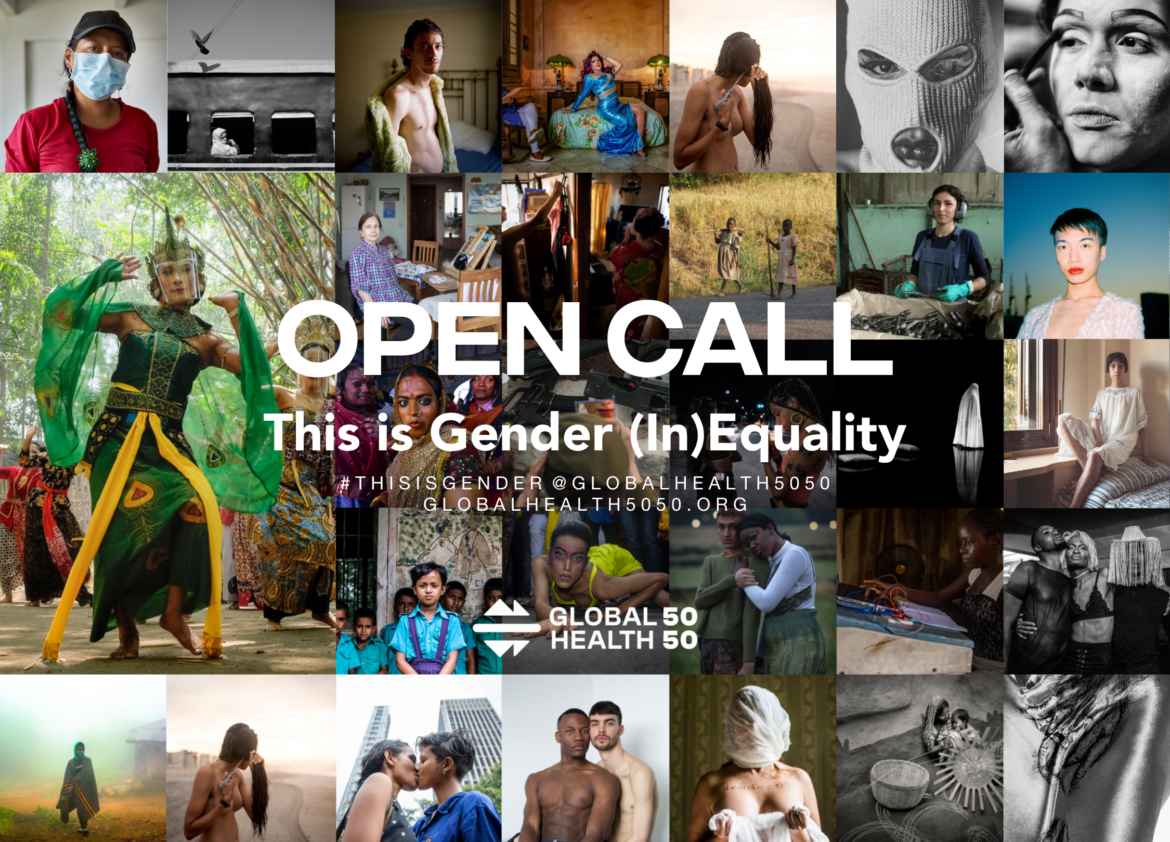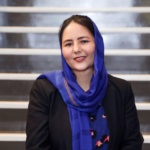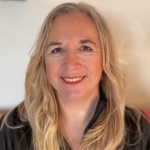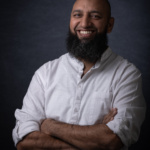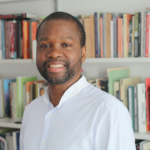DEADLINE EXTENDED: Our 2023 collection of images, This is Gender (In)Equality, is open
We are pleased to announce that the deadline to submit an image to Global Health 50/50’s celebrated collection of gender-representative images has been extended to 30 April.
Gender inequality marks one of the most pervasive and persistent patterns in the distribution of power. We see evidence of this, nearly invisible and overt, everywhere. Billions of women still lack the same legal rights and equal economic opportunities as men. The COVID-19 pandemic has widened inequalities, including by decreasing male life expectancy and negatively impacted women’s career progression and financial security. Wars, famines and natural disasters have had more severe impacts on the well-being of women. And Global Health 50/50’s research shows that male leadership pervades in organisations active in global health.
This paints a bleak picture of gender equality in 2023. Can we reframe and reimagine gender equalities and inequalities through visual media – and envision what it means to be human and to be equal? Moments of true equality exist – how can we capture them and enable these moments to flourish?
The This is Gender (In)Equality Open Call aims to collate diverse representations of gendered power, relationships, and experiences, from the intimate private space of the household to the highest levels of political decision-making.
Building on the foundation of two successful photography competitions This is Gender 2020 and This is Gender 2021, our third edition aims to be the most inclusive yet. In 2023, This is Gender (In)Equality is accepting all forms of still visual media including for example mixed media photography, illustration, drawing, painting, collages or new media.
The This is Gender (In)Equality open call is an opportunity to showcase varied perspectives and experiences of gender equality/inequality. We invite submissions from the artistic community and from health workers, activists, journalists, researchers and feminists from around the world. Gender equality matters. For every person. For every place.
Themes and Launch
This year’s call for submissions is oriented around four themes;
- Gender (In)Equality and health;
- Gender (In)Equality at work;
- Gender (In)Equality & planetary health; and
- Gender (In)Equality & sexual and reproductive health and rights (SRHR)
A panel of international experts in photography, visual culture, gender and global health will select a collection of entries that will feature in our online exhibition as well as in Global Health 50/50’s annual Global Report and Gender & Health Index. For each of the themes, one image will be recognised with a financial award of £500 pounds.
The 2021 contest was launched via a high-impact photo essay in The Guardian. In 2023 we plan to partner with a similar global media outlet and engage with a range of impactful publications to raise the profile of the images and artists as well as disseminate the messages of the This is Gender (In)Equality initiative. Furthermore, The This is Gender (In)Equality 2023 Collection will be exhibited through an online platform. Commentaries, interviews and insights into the collection will be regularly added to the exhibition website.
Entrants can submit images through the collection platform, where you can also find more information about the Open Call. Read the terms and conditions of the open call. The open call is available in the following languages for sharing: Farsi, Nepalese, Igbo, Sinhala and Portuguese.
Judging Panel
Zahra Joya is an Afghan journalist who was born in 1992 in Bamyan province and she has been working as a journalist in Afghanistan since 2011. She has worked on women’s and children’s stories and has also written investigative reports. During her journey as a reporter, Joya was often the only female reporter in the newsroom. In 2020, she decided to create Rukhshana Media through personal savings. She chose the name of her news agency Rukhshana after a 19-year-old Afghan girl who ran away from home in Ghor province for a forced marriage and was stoned to death by the Taliban in 2015.
Zahra Joya was evacuated to Britain in August 2021 after the fall of Afghanistan. She managed Rukhshann Media for a year from her room at the Hotel in London. Zahra Joya was chosen as one of the 12 women of 2022 by Time magazine because of her work. She received the freedom of expression award from the city of Valencia, Spain, and the changemaker award from the Bill Gates Foundation.
Marion Lynch is a global health consultant and advocate for gender equality. She is an experienced system leader with 40 plus years operational and strategic experience in; designing, delivering, and leading programmes in healthcare, medical education, global health systems strengthening and quality improvement. She is an expert in integrating the arts into health and enabling others to do the same.
Her focus is always on improving quality and equity and delivering across all of the United Nations Sustainable Development Goals (SDGs). Her goal is to leverage the potential of all people and systems to improve the quality and safety of health and improve wellbeing, and especially nurses.
In 2022 she was nominated as one of only 200 Global Gates Foundation Goalkeepers and joined the Gates Foundation team in New York as part of the international focus on addressing the SDGs.
Prof Thirusha Naidu is Head of Clinical Psychology at King Dinuzulu Hospital and an Associate Professor in the School of Nursing and Public Health in Durban South Africa. Her clinical work focuses on psychotherapy for severe mental disorders and the mental health of healthcare workers. Thirusha’s research interests include Medical Education and Global Health in the context of mental health and infectious diseases (HIV and MDR-TB, FGS etc). Her published work has appeared in The Lancet, Academic Medicine, Advances in Health Sciences Education and Lancet Global Health. She has several multinational research collaborations across the Global North and Global South. She is an art enthusiast and a poet. Her poetry has appeared in academic journals.
Working across Asia and beyond, Altaf Qadri, born in Srinagar, Kashmir, is a photojournalist based in New Delhi, India.
Qadri started his career covering news and feature stories for the European Press Photo Agency (EPA) in Kashmir before moving on to the Associated Press. Over the course of his career, he has covered everything from political turmoil and cultural interest stories through to major natural disasters. As a conflict photographer, he has documented events including street battles in his native Kashmir to full blown international and civil wars such as those in Afghanistan and Libya. His photographs appear daily in a wide range of international publications.
Qadri has won numerous awards and accolades including multiple Photographer of the Year International awards and was a 2007 National Geographic All Roads Fellow.
To impart photojournalism education to people interested in different genres of photography, Qadri co-founded the Visual Photo Academy through which he takes students on photography expeditions and photo workshops. He has lectured at The Aurora Forum at Stanford University, the Los Angeles College of Arts, and the National Geographic Headquarters in Washington DC. He also delivers guest lectures at various universities and colleges across India.
Wanderley Santos is an intercultural psychodynamic psychotherapist. He is a counsellor at the Student Welfare and Support Service at the University of Oxford, he is a visiting lecturer Department of Social, Therapeutic and Community Studies (MA Psychdynamic Counselling & Psychotherapy) at Goldsmith, University of London, a psychotherapist facilitator for a workshop concerning race and mental health at the Blam-UK. Wanderley has extensive involvement with the Brazilian community. He works as a volunteer in the Casa do Brasil, a Brazilian charity that gives legal, educational and emotional support to Brazilian citizens. He was a co-convener of the course ‘To Make a Work-Molecular Revolutions in Brazil’ for the Dutch Art Institute Roaming Academy, Arnhem, the Netherlands, in 2015.
Back in Brazil, his home country, Wanderley holds a degree in Psychology and a Master’s degree in Clinical Psychology (treatment and prevention) at the Pontifícia Universidade Católica de São Paulo. The Ford Foundation International Fellowships Program Alumni supported the Master’s degree. There, he had worked for more than ten years supporting communities in deprived areas to help them to find solutions for the challenges they were facing. He has dedicated more than 20 years researching how structured racism affects communities and people’s wellbeing.
Authors of photographs featured in the photo mosaic: Alvaro Lopez Gimenez, Anna Maria Arevalo, Arpan Basu Chowdhury, Ayomitunde Adeleke, Chadia Wannous, Chiara Luxardo, Debdatta Chakraborty, Diptadeep Addy, Elena Pavlova, Francesca Volpi, Jonas Van Der Haegen, Jibon Kumer Malaker, Katia Repina, Karen Toro, Kelly Befor, Le Grande Fetish Ball, Mansharof Amit, Maria Camila Cifuentes, Mason Rose, Mohrezago, Nirali Naik, Oliver Strutt, Reza Mozafari Manesh, Robin Yong, Silvia Alessi, Sofia Melikova, Soumya Shankar Ghosal, Sultan Ahmed Niloy, Su Cassiano, Suvajit Mukherjee, Zvonimir Tanocki, Zonah.

